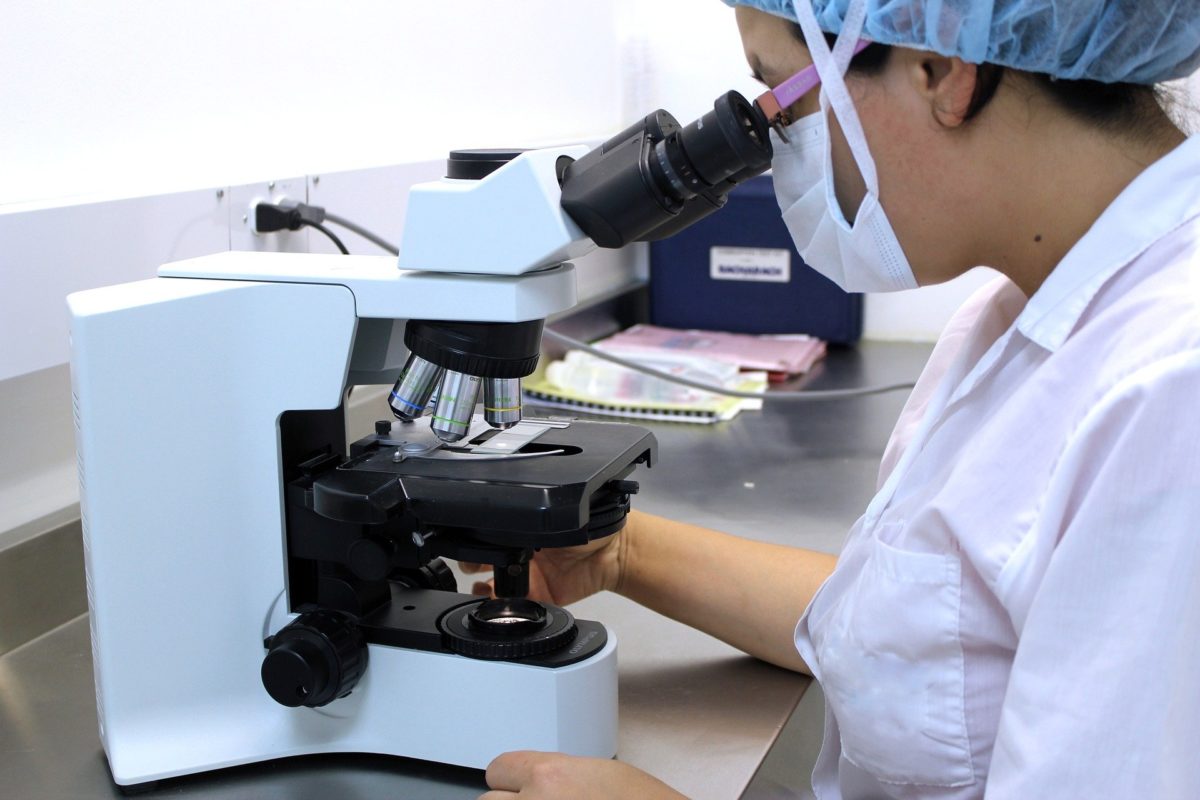Blueberries and hops are the focus of two news releases from Plant & Food Research.
First, a new breeding partnership in blueberries is expected to result in premium quality berries being taken to customers around the world.
Second, results from a clinical trial suggest a New Zealand hop extract can help reduce hunger pangs when people are fasting to manage their food intake.
Plant & Food Research and global fresh produce company T& G Global have announced they are entering into a new agreement to breed and commercialise new varieties of blueberries to be sold globally.
The breeding programme will produce new varieties of blueberry that will provide improved yield and resistance to disease while delivering larger, tastier berries over a longer period, with an extended harvest season.
The first new commercial varieties could be launched globally in the next 12 months under T&G Global’s Orchard Rd brand.
“Blueberries are a key strategic play for us in building our global portfolio, and we’re delighted to build another global category to emulate the success of our premium apple brands. We know there is strong consumer demand for blueberries and teaming up with Plant & Food Research means we get access to a pipeline of world-class varieties,” says Gareth Edgecombe, CEO of T&G Global.
“Securing exclusive rights to the best varieties is the first step in our strategy to build multiple global verticals that drive and enable value and add demand through strong consumer brands,” he says.
The new partnership builds on an existing agreement that grants the global fresh produce grower and marketer, T&G Global, access to a suite of Plant & Food Research-bred and licensed blueberry varieties for production in Australia.
“Plant & Food Research and T&G Global have a strong relationship that began at their legacy organisations in the 1990s,” says David Hughes, CEO Plant & Food Research.
“T&G has an excellent track record of commercialising our varieties, most notably the apples branded JAZZ™ and Envy™. We are looking forward to continuing building on this history and delivering excellent blueberries for New Zealand and global consumers,” he says.
The second news release reported on a clinical trial conducted by Plant & Food Research which found Amarasate™ – an extract from a hops cultivar bred and grown in New Zealand – reduced feelings of hunger in young men undertaking a 24-hour water-only fast.
This suggests people who are undertaking periods of fasting to manage their own food intake – such as intermittent fasting regimes – may benefit from using Amarasate™ to keep their hunger at bay during their fasting periods.
“Intermittent fasting is gaining popularity as a way to manage food intake,” says Plant & Food Research scientist Dr Edward Walker, who led the study. “We know that Amarasate™ triggers a signal in the gut that tells the brain to stop eating and can reduce food intake when taken before meals. We wondered if this same mechanism would work in people that were fasting, so undertook a study examining hunger during the most challenging type of intermittent fasting day – a 24-hour water only fast.
“The results showed that Amarasate™ reduced feelings of hunger, even over meal periods when we tend to feel hungrier. The study suggests that Amarasate™ can give people who wish to incorporate fasting into their lifestyle a better chance of completing their fast and support them in reaching their health goals.”
The randomised, double blind, placebo-controlled trial analysed the feelings of hunger of 30 young, healthy men who fasted over a 24 hour period – from 6pm to 6pm – when only water was consumed. On three occasions over a three week period, the men were given either Amarasate™ or placebo at 16 hours and 20 hours from the beginning of the fast and asked how hungry they felt every 30 minutes subsequently.
When taking Amarasate™, the men reported a significant reduction in hunger. In addition, the greater hunger observed at lunchtime (approximately 18 hours from start of fast) when taking placebo was absent when taking Amarasate™.
Amarasate™ is the extract of a hop cultivar bred by Plant & Food Research and only grown in New Zealand. It was identified from more than 900 plant extracts that were screened for their potential in controlling appetite, as part of the government-funded Foods for Appetite Control programme.
The results of the study are published in the online journal Nutrients.
Source: Plant & Food Research












